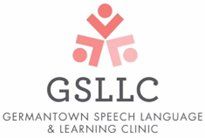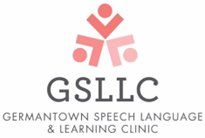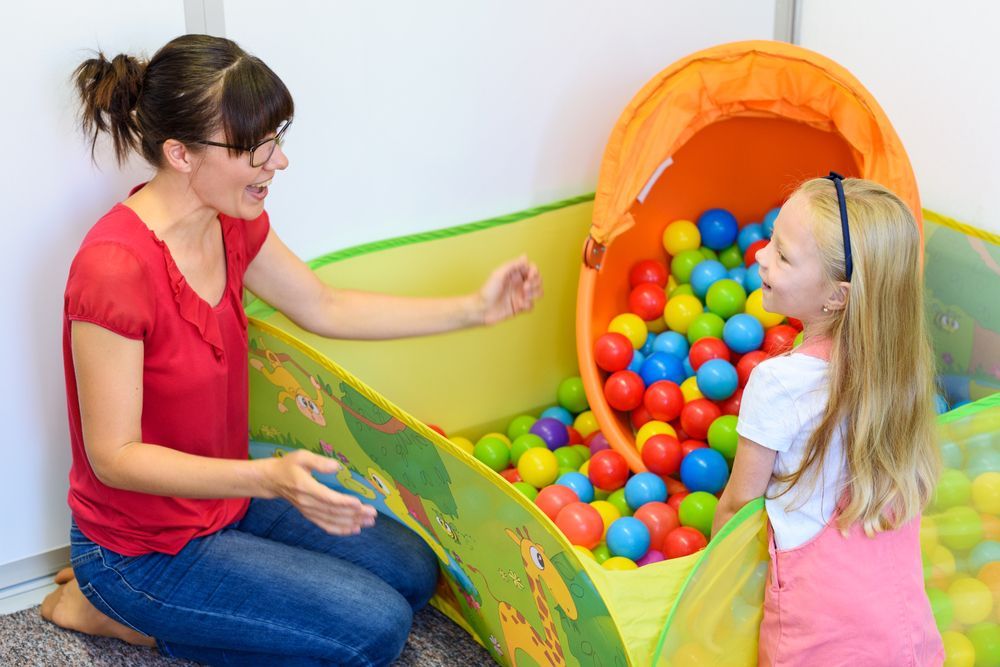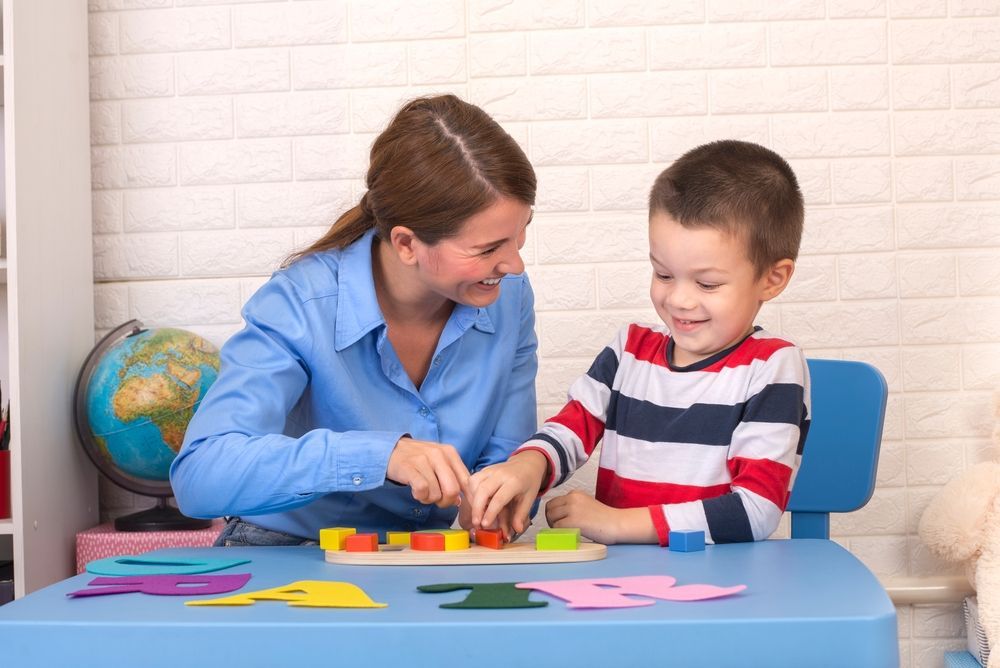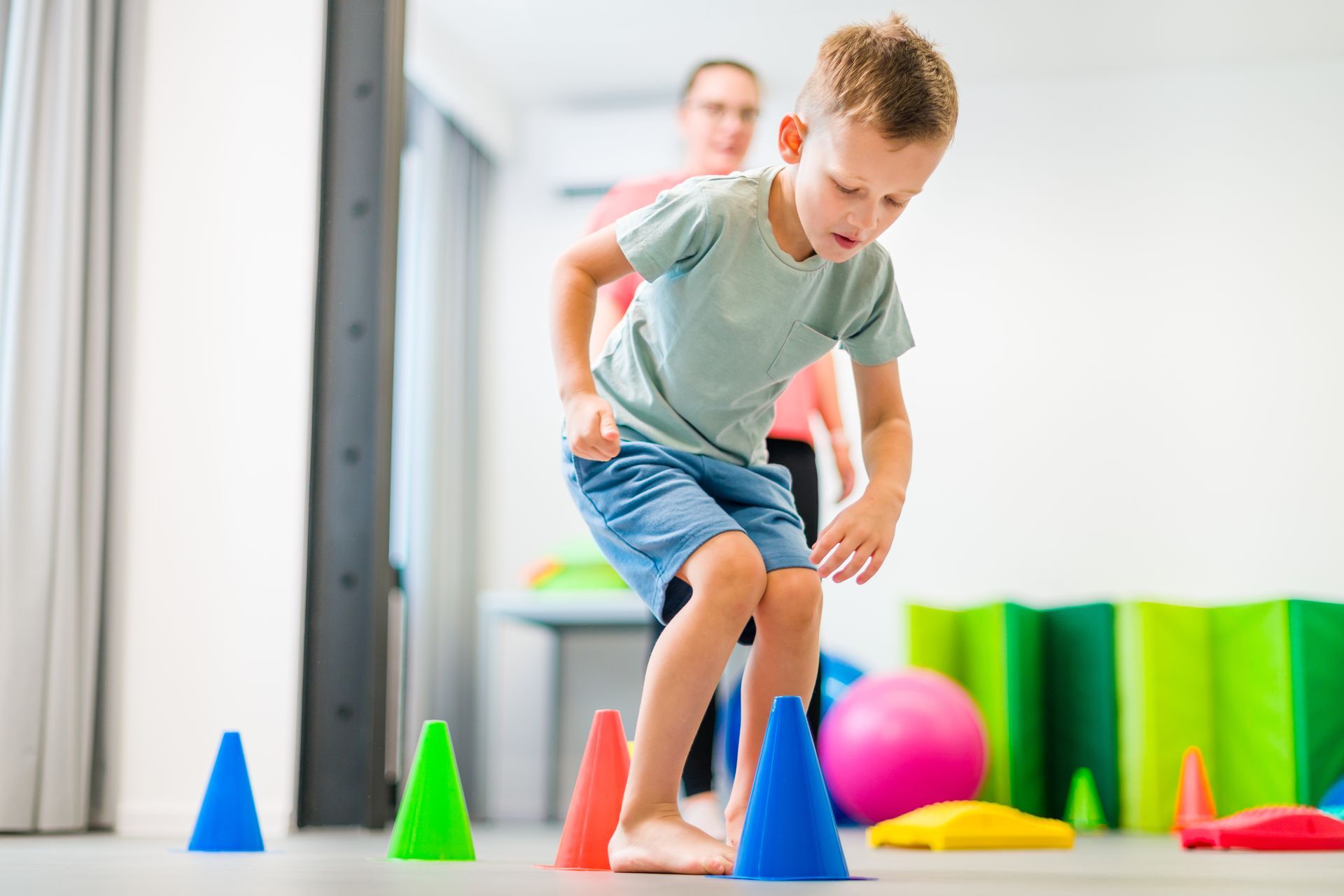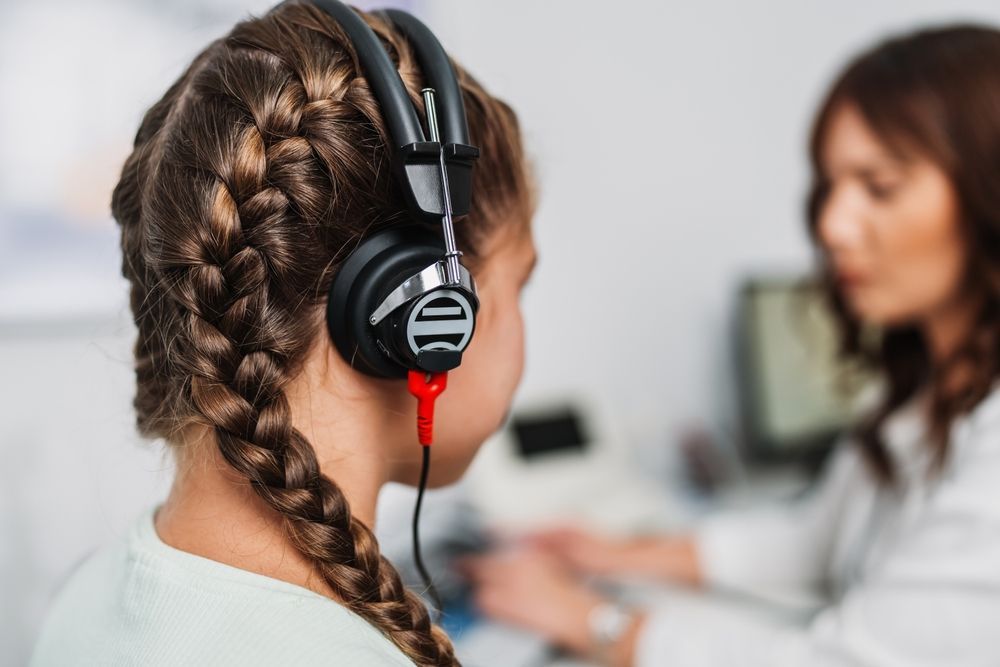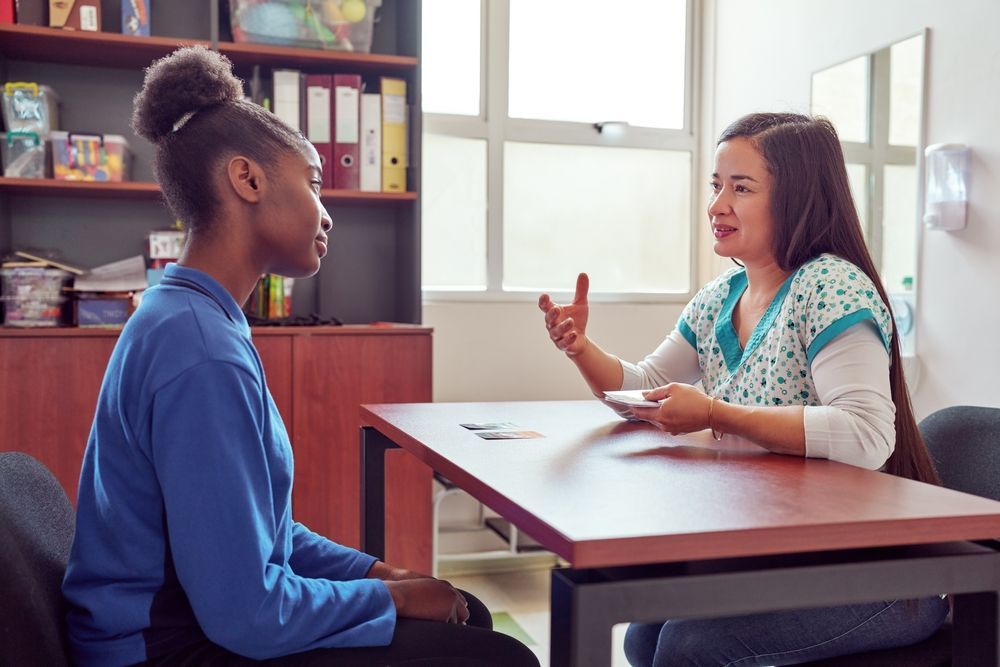PEDIATRIC SERVICES

SPEECH THERAPY
Our Pediatric Speech Therapy services are designed from the therapist’s interpretation of any of the evaluations. We offer individual and limited small group sessions on a case by case basis. Therapy is designed to meet each client’s individual needs. Our services may include enhancement of phonological awareness skills, strategies for improving reading comprehension, strategies for improving reading fluency, remediation of articulation errors and/or phonological processes, language stimulation, development of expressive language skills, strategies for increasing auditory memory, enhancing receptive language skills, etc. Our therapy programs also involve client specific home programs to further enhance and maximize the therapy process.
OCCUPATIONAL THERAPY
Treatment/therapy sessions are designed by the licensed occupational therapist and are based on the results of the occupational therapy evaluation and family conference. Our OT treatment team is comprised of licensed occupational therapists and certified occupational therapy assistants. Therapy sessions are typically individual in nature. Group sessions are also offered during the summer that addresses a specific area of development. Treatment sessions focus on a child’s “occupations”, or daily activities, and include activities that support learning, socializing, and most importantly play. These services may be provided at our clinic in Germantown and at educational institutions such as preschools, daycares, and private schools. Our administrative and therapy teams will determine the appropriate setting to work with your family. Our team works with children ages infant through elementary/middle school.

THERAPY SERVICES
- PROMPT Therapy
- Cogmed
- Hear Builder Programs
- SPELL/SPELL Links
- SQ Write
- Interactive Metronome
- Lindamood-Bell Techniques
- SRA Specific Skills Series
- Linguisystems Publications
- Handwriting Without Tears
- Zones of Regulation
- The Alert Program
- Social Thinking Methodology® as developed by Michelle Garcia Winner This program, including its teacher or leader, is not affiliated with, nor has it been reviewed, approved, or endorsed by Michelle Garcia Winner and Think Social Publishing, Inc.
- aota.org (American Occupational Therapy Association)
- www.therapro.com (therapy resources/catalog)
- www.funandfunction.com (therapy resources/catalog)
- www.therapyshoppe.com (therapy resources/catalog)
- www.yourtherapysource.com (online resources for special education, pediatric therapy)
- www.theottoolbox.com (parent resources for OT activities and tips)
- www.therapyfunzone.net (pediatric OT blog)
- www.toolstogrowot.com (pediatric OT blog)
- www.growinghandsonkids.com (pediatric OT blog)
ASSESSMENT AREAS
- Receptive Language
- Expressive Language
- Pragmatic Language
- Cognitive Linguistics: memory, attention, problem solving, and reasoning
- Vocabulary
- Phonological Awareness
- Reading Comprehension
- Auditory / Language Processing
- Word Finding
- Written Language
- Articulation
- Oral Motor
- Tongue Thrust
- Feeding Disorders
- Fluency
- Voice
ASHA POSITION STATEMENT
It is the position of the American Speech-Language-Hearing Association (ASHA) that the quality and quantity of scientific evidence is sufficient to support the existence of (central) auditory processing disorder [(C)APD] as a diagnostic entity, to guide diagnosis and assessment of the disorder, and to inform the development of more customized, deficit-focused treatment and management plans. (C)APD is an auditory deficit; therefore, it continues to be the position of ASHA that the audiologist is the professional who diagnoses (C)APD. Consistent with the ASHA Scope of Practice in Speech-Language Pathology, speech-language pathologists (and other professionals) collaborate with the audiologist in the overall screening and assessment process, differential diagnosis, and development and implementation of intervention plans where there is evidence of speech-language and/or cognitive-communicative disorders. Specifically, speech-language pathologists are uniquely qualified to delineate the cognitive-communicative and/or language factors that may be associated with (C)APD. Full understanding of the ramifications of (C)APD for the individual requires a multidisciplinary assessment to determine the functional impact of the disorder and to guide treatment and management of the condition and associated deficits. Finally, it is the position of ASHA that the knowledge base required for understanding, diagnosing, and treating/managing individuals with (C)APD is extensive and may require additional training and education beyond that obtained in a typical professional preparation program.
AMERICAN SPEECH-LANGUAGE-HEARING ASSOCIATION. (2005). (CENTRAL) AUDITORY PROCESSING DISORDERS—THE ROLE OF THE AUDIOLOGIST [POSITION STATEMENT]. AVAILABLE FROM WWW.ASHA.ORG/POLICY.
© COPYRIGHT 2005 AMERICAN SPEECH-LANGUAGE-HEARING ASSOCIATION. ALL RIGHTS RESERVED.
We strongly adhere to the position statement of the American Speech Language Hearing Association. This type of evaluation may be recommended if a child is having trouble in school, especially with following directions, understanding and remembering information presented orally, and/or focusing in a classroom environment. FOR MORE INFO on auditory processing please see our FAQ page!
